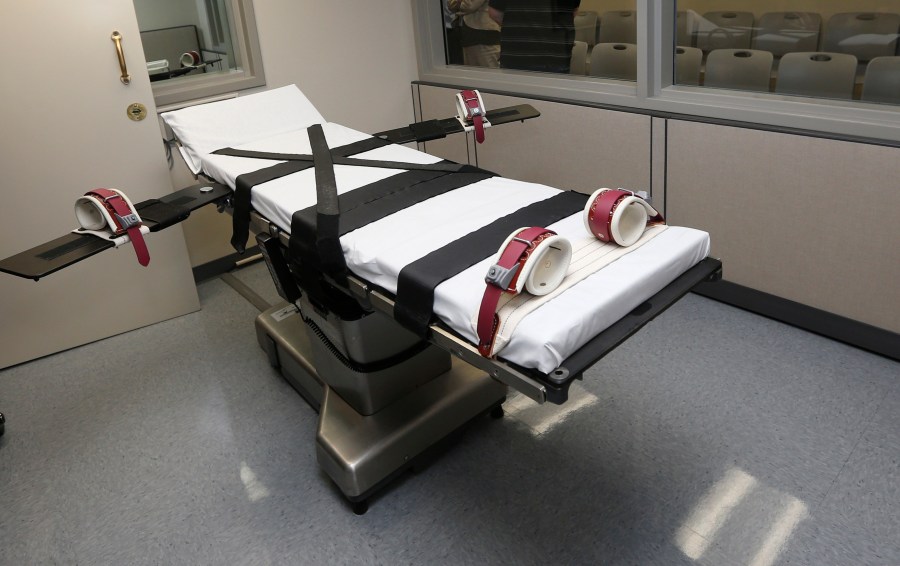NASHVILLE, Tenn. (WKRN) — Despite the Department of Justice announcing it will no longer use the single lethal injection drug, pentobarbital in executions after a review raised questions about whether it causes “unnecessary pain and suffering,” the Tennessee Department of Correction (TDOC) still plans to use the drug, which was included in its new execution protocol completed last month.
On Wednesday, the U.S. Attorney General told the director of the Federal Bureau of Prisons in a memo to stop using pentobarbital in executions because it’s unclear whether it causes unnecessary pain and suffering.
“Because it cannot be said with reasonable confidence that the current execution protocol
‘not only afford[s] the rights guaranteed by the Constitution and laws of the United States’ but
‘also treat[s] individuals [being executed] fairly and humanely,’ that protocol should be
rescinded, and not reinstated unless and until that uncertainty is resolved,” the memo read.
📧 Have breaking news come to you: Subscribe to News 2 email alerts →
Pentobarbital, a drug commonly used to euthanize pets, has been reported to cause flash pulmonary edema in humans when used for executions, which can feel similar to being waterboarded or drowning, according to some medical experts.
However, a TDOC spokesperson told News 2 the department still plans to use pentobarbital as part of its new execution protocol, which the state announced in Dec. 2024.
Gov. Bill Lee paused all executions in the state in April 2022 after a report and lawsuits revealed Tennessee wasn’t following its own rules when putting people to death, including failing to test the drugs used in executions. Lee ordered TDOC to create a new protocol.
“I’ve told the department take all the time you need to develop this thing exactly as it should be because it matters very much to Tennesseans,” Gov. Lee told reporters in Jan. 2024.
TDOC took more than two years to finalize its new protocol.
Stacy Rector, the executive director of Tennesseans for Alternatives to the Death Penalty told News 2 the state has a history of transparency issues surrounding executions, first by not following its own protocol, then refusing to release the new protocol before later releasing a redacted version, which Rector said “is even more secretive and less transparent than where we were before.”
“I think all citizens, regardless of your opinion on the death penalty, should have deep concern about government shielding itself from accountability this way,” Rector said. “I’m grateful that the DOJ, after their thorough review of this, came to that conclusion, because it’s the conclusion that many people who have been looking at this for a long, long time have come to.”
Rector argues the lack of transparency and the DOJ’s concerns over pentobarbital not only create issues for those being executed but also for those carrying them out.
“When these sorts of things are going on with the drugs, with lack of transparency with the protocols, what that does is put these individuals in a situation where they may have to deal with some horrific realities in that execution chamber that we should not be asking state employees to have to deal with,” Rector said.
According to the Death Penalty Information Center, 20 of the 27 states that allow the death penalty have statutes permitting single-drug lethal injections, including most recently Tennessee.




